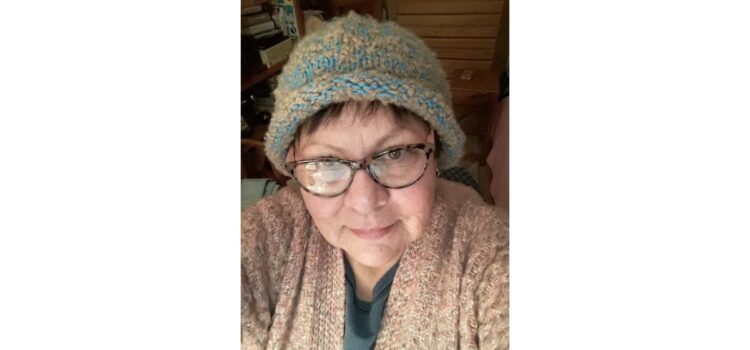
Dr. Rosanna Esparza is a proud Chicana with a Mexican heritage, a visible activist for tangible change in local and global politics, and a collaborator for the project: “Faces of Fracking.” Esparza uses her knowledge of natural healing and cultural practices to help her community.
One major way Esparza helps future generations to stay healthy is through her studies in Gerontology. According to UCS’s School of Gerontology, where she earned her Master’s degree and Doctorate, Gerontology is the study of how individuals age and what factors contribute to helping people have healthier lives.
“It’s still relatively new. When I trained, my concern was, what is the role of People of Color? Who is the caretaker, the researcher- gathering information about our exposure rates,” Esparza stated.
After growing up as a witness to how environmental factors negatively affected her community’s health, Esparza decided to dedicate her work to advocating for policy change that reflected the needs of everyone.
“Where are my services needed? Where are there not people like me?” Esparza bravely asked herself as she was guided to her new home in Kern County.
What continues to motivate Esparza today is the Centrals Valley’s unique struggles with the oil industry. For her, it has been a profound fight to team up with other intellectuals to speak up against major corporations like Exxon Mobile.
“You have to be an active agent in this process,” Esparza continued. “You have to know that unless you work for it you’re not going to find it.”
Whatever “it” is for you depends on what makes you happy. A clue to help with this search, according to Esparza, is being aware of the individuals whose eyes light up when they see you.
Her advice to the youth is to integrate themselves into the surrounding neighborhoods. Ways to do this include saying greetings to neighbors on your daily walk, much like Esparza and her beloved dog Luna did.
“Each one of us has a responsibility. In order to fulfill yourself, you must know your value,” explained Esparza. “You have to pay attention, be alert, do something- and that’s to be conscious, with us in the world, in the moment that it happens. If you’re stuck in being depressed, we have to find a way to help you with that. There’s not a lot of therapists that specialize in our particular cultural nuisances and the clashes that we experience.”
Esparza looks forward to using art as a vehicle for Restorative Justice, especially in public spaces. Art projects will include diverse expressions of environmental concerns, including a possible performative piece that encourages audiences to interact. Imagine a 32-hundred-foot stretch of fabric, painted with special pollution-absorbing paint, laid out starting at the oil rigs by the Panorama Vista Preserve, across the Kern River and reaching walkways.
This is the plan for her latest interactive art installation that will demonstrate the California law stating oil rigs or gas wells can only operate or exist 32 hundred feet away from areas used by the public, like prisons and schools.
Esparza’s personal goals include finishing writing a book. Her main focus is on collaborating to create a production company in the Central Valley.
“For people to be able to express what they see from their vantage point. I want to produce more documentary films,” Esparza stated.
It’s important for Esparza to launch a small production company to tell the community’s stories and to empower them with hands-on learning.